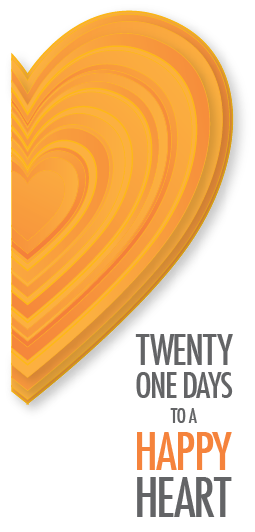If you were to ask, most people would like to have more fun in their lives. One of the criteria that is part of The Happiness Process asks 'What was, or will be, a fun activity in my day?' I notice that I write about fun less often than other criteria such as gratitude and meaning and sharing. In thinking about this, I have started to examine my notion of fun and find it to be narrow in scope. This is entirely of my own doing. I have made up an idea of fun that includes social interaction, laughter and physical activity, the kind of thing that we observe when children are playing. We are encouraged by 'experts' to reconnect to our inner child to have more fun. There is no question that I can increase my fun by seeking out situations that include the key criteria.
What is more important, I have learned, is to notice and appreciate all of the things that are, or can be, enjoyable. For example, when I take the time to read a good novel, to savour it rather than to feel that the time could be better spent doing something more productive, I am having a good time. When I get lost in a renovation project that requires innovation to modernize an existing plumbing and electrical system, I am having a good time.
'Having Fun' as a category to write about in The Happy Heart Journal has made me aware of my notion about fun and, by association, I am more likely to examine other aspects of my life that I hold on to. By noticing, I can appreciate them more fully or I can let them go. [Russell]
